One of the easiest things for a person touched by cancer to address is their diet. Our view is that a Rainbow Diet is the most helpful diet in fighting cancer. And here are 12 foods from it that can each play a role in fighting one or more steps in the multi-step cancer process (writes Chris Woollams).
Remember that ´good nourishment´ is a crucial weapon in the fight against cancer and any illness. Good cancer nutrition can be vital in increasing your personal odds of survival. A 2012 report by the American Cancer Society, covered in Cancer Watch our research centre, stated that there was ´overwhelming evidence´ that diet and exercise could increase survival and even prevent a cancer returning. CANCERactive has consistently maintained this stance since our launch in 2004.
Remember too that bioactive natural compounds are likely to do you a lot more good than synthetic pills! Many such compounds have strong and proven epigenetic benefits.
So here are a few additions to your cancer diet, as a part of your own Integrated Cancer Treatment Programme.
1: Oily Fish!
Fish oil will provide long chain omega-3, a powerful anti-inflammatory in the body that minimizes COX-2 and its abilities to drive localised negative hormones called eicosanoids which cause inflammation - driving cancer and metastases. Omega-3 has been shown to re-lengthen telomeres, which shorten when you have cancer putting the DNA structure at risk and reducing longevity. Fish oils also contain vitamin A, an important vitamin in the fight against cancer (herring, mackerel and salmon are top of the list). Fish oils have been linked to reduced levels of prostate, breast and colon cancer. Research shows they help prevent cachexia when having chemotherapy. You´ll also get a little vitamin D from them, another proven cancer-fighter. Omega 3 from fish is an important ingredient in your cancer diet. Please note that the omega 3 from flaxseed is short-chain, equally important but has different benefits (for example, it helps oxygenate the tissues and provides essential fibre).
2: Carotenoids - Carrots, peppers and greens!
Along with apricots, red and yellow peppers, greens like kale and spinach and sweet potatoes, carrots provide anti-cancer carotenoids like beta-carotene, which converts to vitamin A, as and when required by the body. 1 cup of carrot juice, 2 sweet potatoes, 16 dried apricots and 4 cups of red cherries will each provide 25 mgs. Don´t eat them all at once - people have been known to turn a little orange! A great juice to make yourself involves greens, sweetened by carrots and apples (for quercitin) and beetroot (for anthocyanins) with a helping of calming raw ginger. A real cancer fighting drink! Carotenoids are also found in natural food sources such as chlorella. Raw carrots are also high in pectins - your helpful gut bacteria will love you for eating pectins and give you more in return. A red pepper is the top source of vitamin C in the UK - even better than oranges.
3: Ginger
Fresh, raw ginger has a number of very important benefits in cancer. It is a terrific anti-inflammatory agent in the body and reduces the effects of COX-2. This produces benefits throughout the body and especially in the gut, reducing rates of cancer spread. It also lowers blood sugar levels, and gingerols have been shown to have effects against prostate, breast, leukaemia and other cancer cells. Grate 5 gms or more of ginger each day into your juices. It is also full of helpful vitamins and minerals and is anti-parasitic.
4: Seeds
Seeds are full of good oils, whole vitamins in a natural form (like vitamin E) and fibre to strengthen your gut flora. People who consume the highest levels of natural fibre have higher immune systems. For example:
Sunflower Seeds
High in zinc and natural vitamin E. Zinc helps vitamin C do its work and accelerates healing time. It is important to a healthy prostate. You need 15 to 25 mgs per day. Five tablespoons of sunflower seeds give you 10 mgs. Sunflower seeds will also provide a little selenium.
Pumpkin Seeds
Can be mixed with the sunflower seeds in your morning muesli. 5 tablespoons will each provide 20 mgs of vitamin E, the ultimate cancer buster, which inhibits cancer cell growth and protects immune cells from free radicals. Vitamin E boosts your immune system´s fighting abilities. The target is 300-600 mgs and is difficult to achieve without supplements.
Sesame Seeds
The unique lignans can reduce blood pressure and lipid levels. Research shows they can fight inflammation and also cancer! Gamma tocopherol vitamin E reduces inflammation around the body. Both sesame and flax lignans are converted to compounds that can arrest oestrogen cancers.
5: Garlic
It is a truly wonderful food. Active ingredients like allicin seem to act to stop the spread of cancer in a number of ways, for example by stopping blood supply formation for tumours.
Garlic also kills microbes and yeasts - after taking drugs and antibiotics the body is often susceptible to these. Garlic is also anti-inflamatory in the body. It has a number of active ingredients. It contains selenium, tryptophan and sulphur-based active agents that attack cancer cells.
Two or three raw cloves of garlic raw per day will ward off more than vampires.
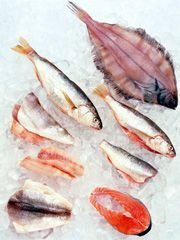
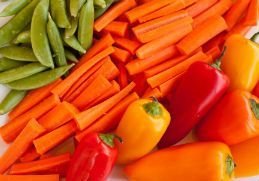
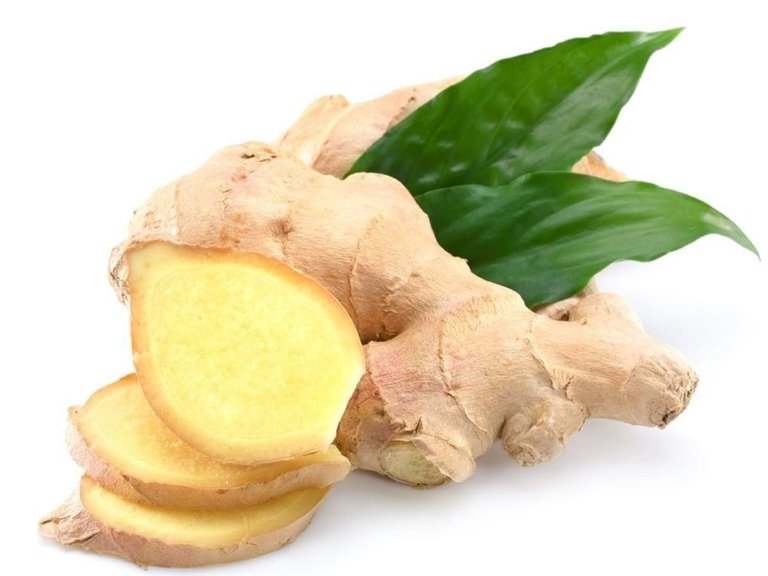
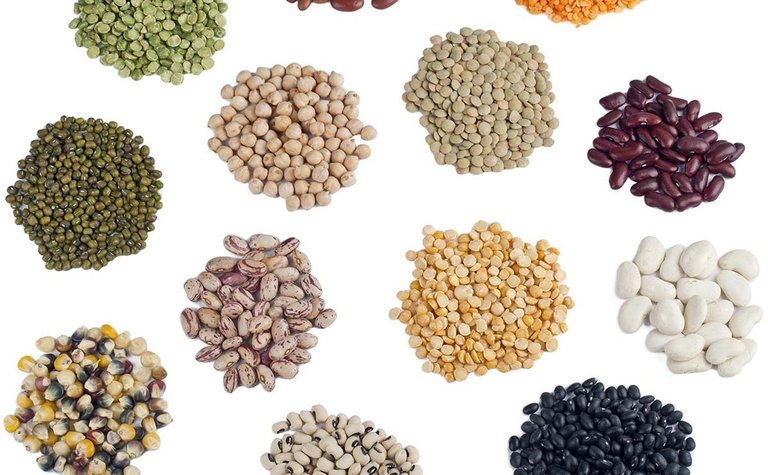
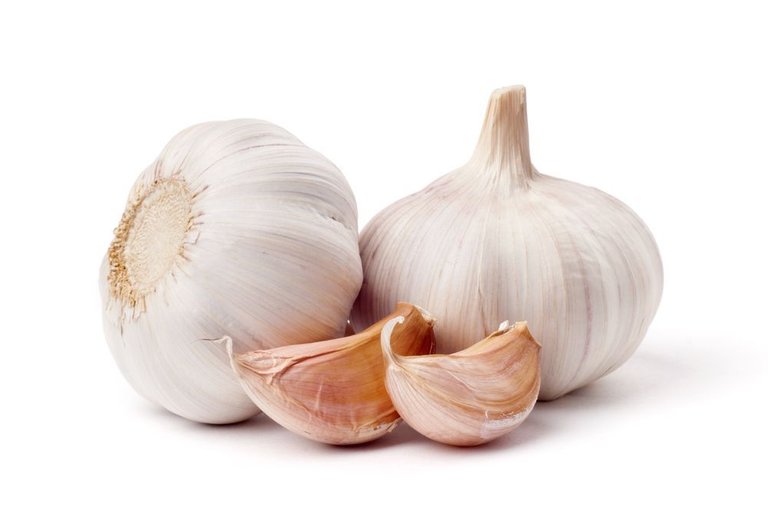
You just made me remember about the anti-angiogenic foods. You know them?
Take a look here: https://www.eattobeat.org/food